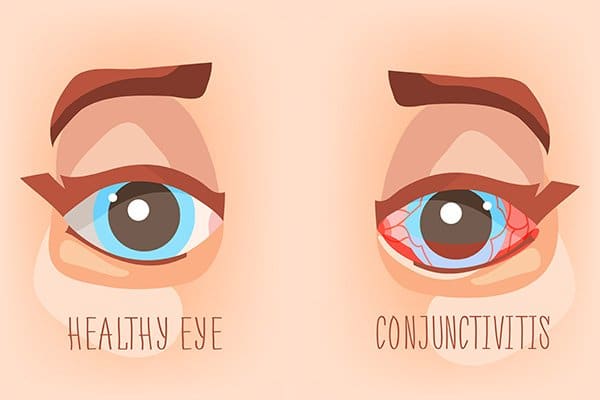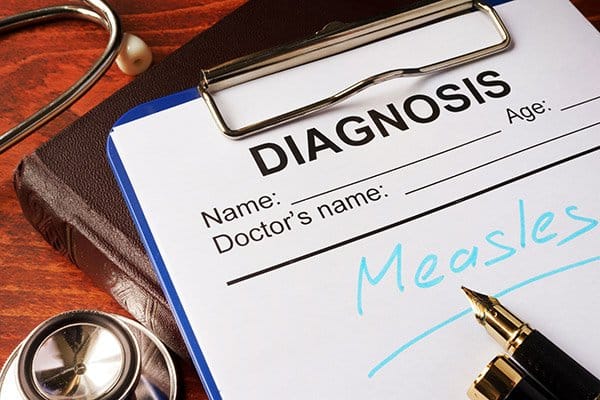UTIs in Children: Symptoms, Prevention, and Treatment
As painful as a urinary tract infection can be for an adult, imagine having to feel that discomfort as a child or to be a parent working to figure out why their child is in pain or showing symptoms of sickness. Many of you have probably been in that situation, seeing as 8% of girls and 2% of boys experience at least one UTI, according to Yale Medicine.
A urinary tract infection occurs when bacteria from outside the body enters the bladder or urethra and causes irritation or infection. It is more common in girls than boys due to differences in their anatomy. Many of the characteristics of UTIs are similar in adults.
UTIs in Children: Symptoms, Prevention, and Treatment Read More »










